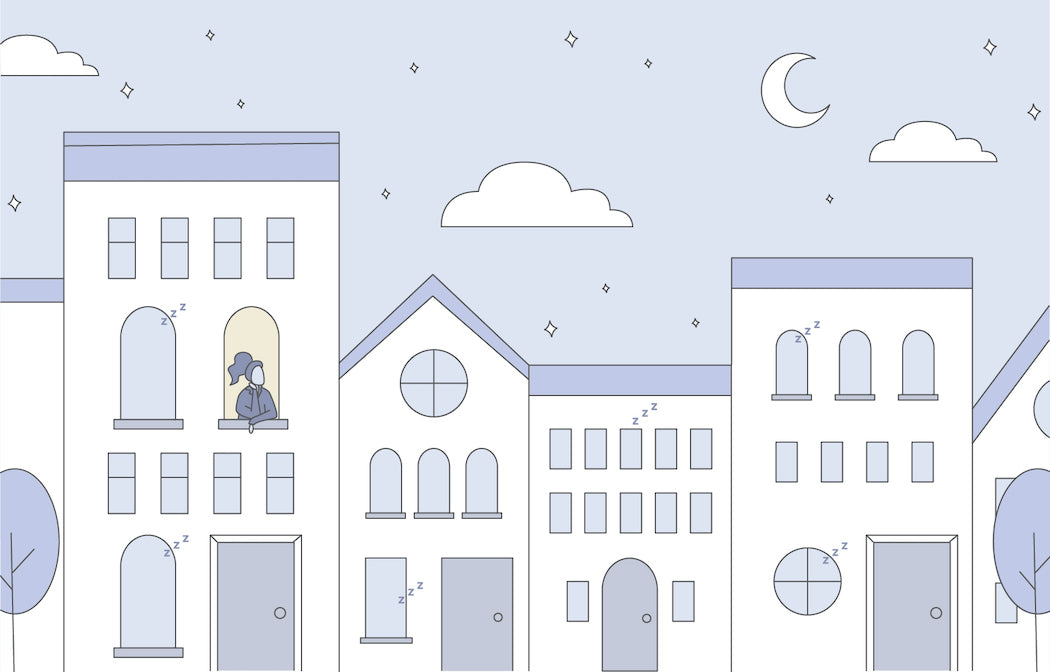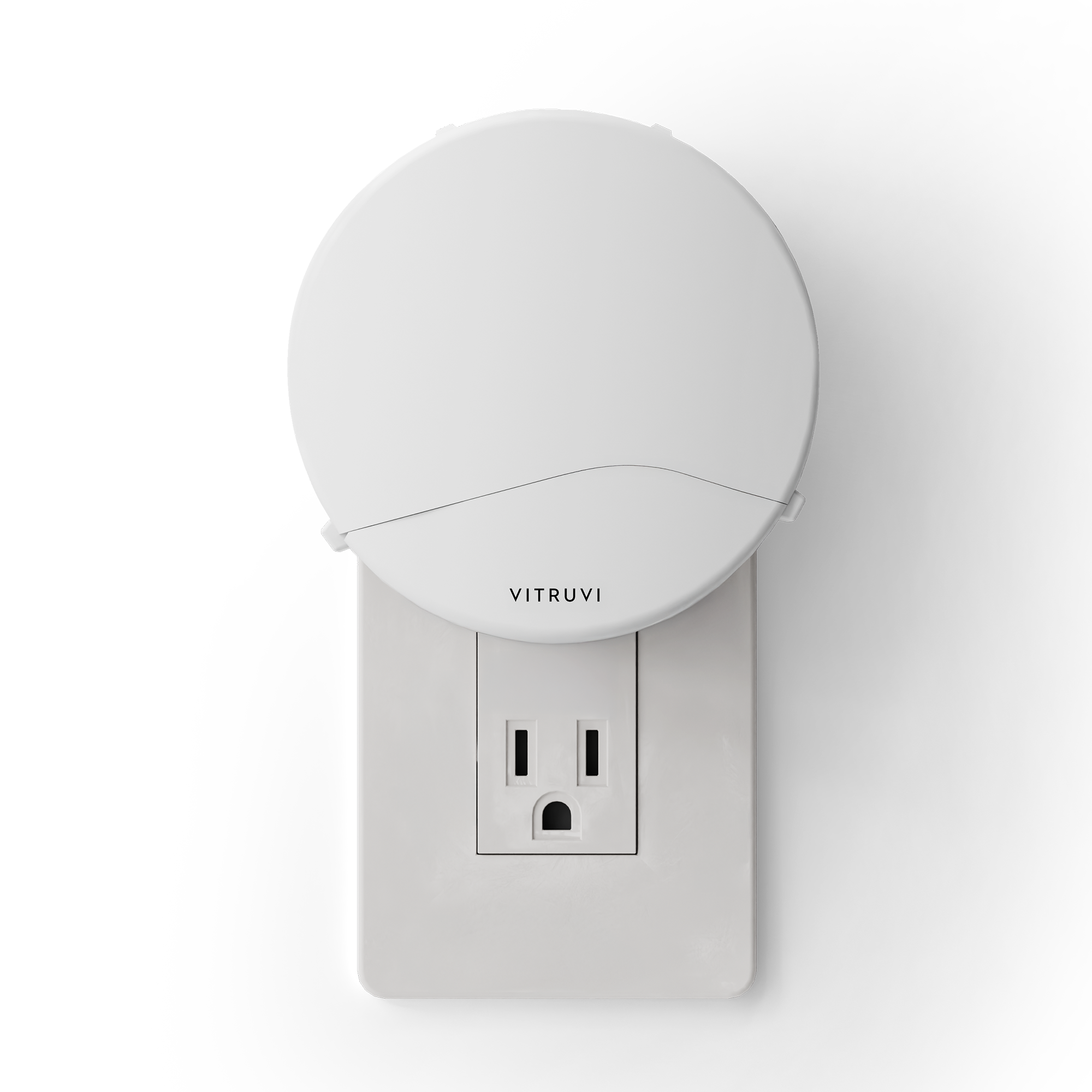Most of us experience an occasional sleepless or restless night. We may even have a stretch of nights when this occurs—but at some point, a sporadic sleep problem becomes insomnia.
People who live with insomnia can find it hard to fall asleep or stay asleep—or both. The bottom line is that you have trouble sleeping, and that is never fun. Insomnia can be short-term, lasting a few weeks, usually caused by life events; you could be studying for exams, worrying about a family situation, or in the middle of a stressful work project, for example. Once these stressful life events go away, acute insomnia usually does, too.
If you’ve had difficulty sleeping for three months or longer, you may be diagnosed with chronic insomnia. Although stress could trigger it, chronic insomnia could also be caused by any number of things, including:
- Illnesses
- Pain
- Medications
- Sleep-related disorders, such as sleep apnea or restless-leg syndrome
- Unhealthy sleep habits
- Shift work
- Caffeine or other stimulants
If you have insomnia, you know how it can make you feel: sluggish, irritable, or depressed. The fatigue caused by insomnia can put you at risk for accidents and it can even affect how you look (those dark circles and swollen eyes aren’t your imagination). Your body needs sleep for mental alertness, but also for your physical well being.
Managing insomnia
The most common treatment for insomnia is to make lifestyle changes. This includes having good sleep hygiene habits, not consuming stimulants, exercising earlier in the day, and avoiding alcohol (because although alcohol may make you feel sleepy, it’s not usually a deep enough sleep to be refreshing). If you take over-the-counter or prescription medications, speak with your pharmacist to see if they could be contributing to your problem. You may be able to change the times of some stimulating medications, particularly if you take them only once a day. Sleeping aids may be helpful for acute insomnia, but it’s important that you only take these medications for a short period.
You may be curious about using natural supplements as sleep aids. If you would like to try one, speak with your doctor or pharmacist to ensure there are no interactions with over-the-counter or prescription medications that could cause serious side effects.
Dealing with chronic insomnia
Not being able to sleep for weeks or months on end can be frustrating, and it can lead to physical and psychological health issues. So if you have trouble sleeping, don’t shrug it off as unimportant and an inevitable part of life—especially if you’re older. Mention it to your doctor, who may suggest one or more of these possible treatments, in addition to lifestyle changes:
- Meditation, mindfulness, or relaxation techniques. Learning how to relax and ease your mind may help your brain fall into the deep sleep it needs.
- Cognitive behavioural therapy (CBT). Talk therapy with a counsellor or psychologist can help in a number of ways. If your insomnia is caused by stress or anxiety, for example, therapy could give you tools to help manage those negative feelings. If there is no specific trigger for your insomnia, CBT may give you tools to eliminate the thoughts you have about not being able to sleep, which cause a vicious cycle.
- Prescription medications. Medications should be the last resort for insomnia, because they shouldn’t be taken for extended periods and they can be addictive, depending on the type of drug. However, medications could help break the cycle of sleeplessness, allowing your body to sleep and then start taking over naturally again.
- Treatment for illnesses or conditions contributing to sleeplessness. Using a CPAP machine if you have sleep apnea, or treating pain or anything that could disturb your sleep, may be all you need to get back to having a good night’s sleep—every night.












